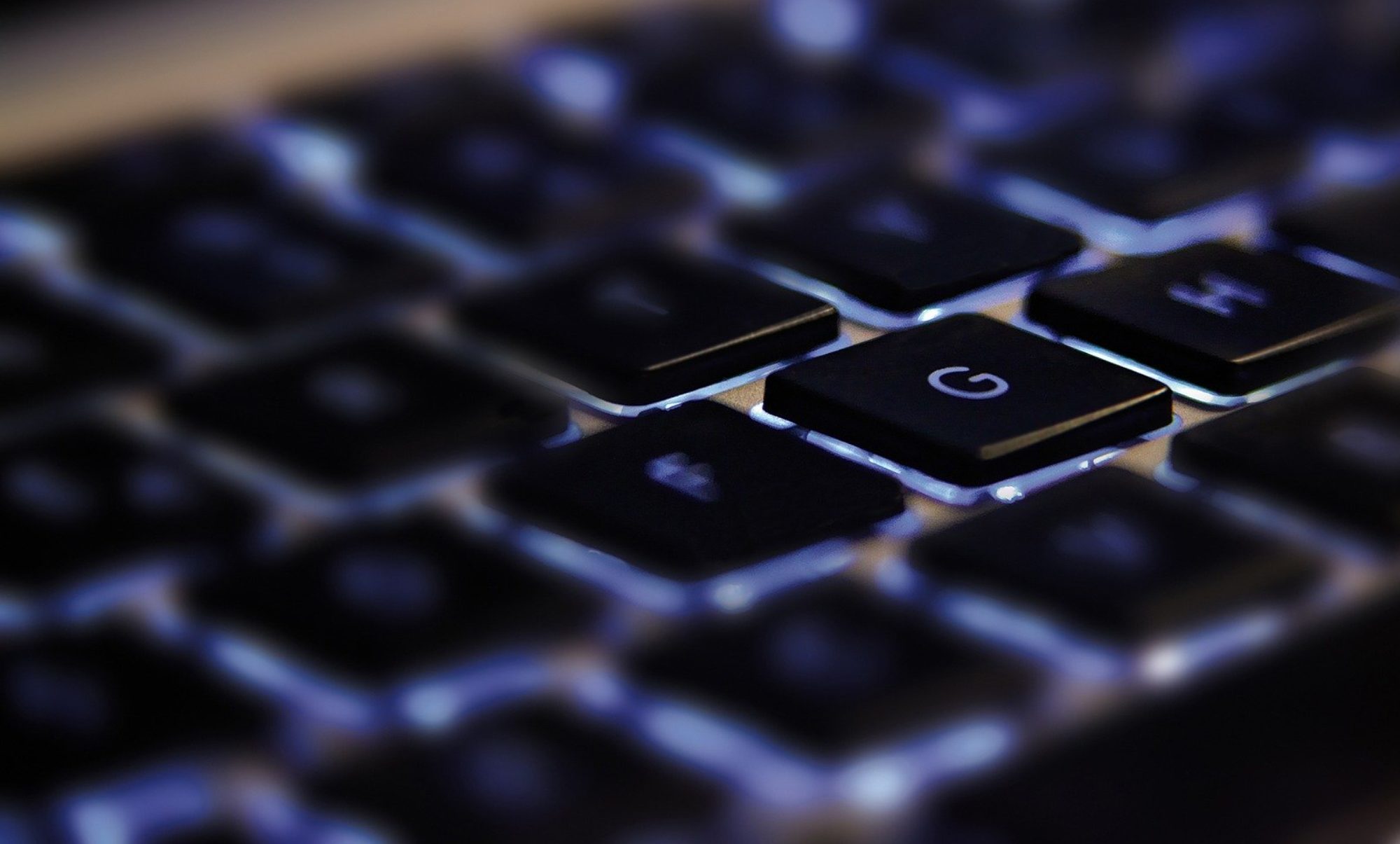In the ever-evolving landscape of the global music industry, certain artists transcend their roles as mere performers to become economic powerhouses. Taylor Swift stands as an exemplary figure in this regard, not only for her musical prowess but also for her profound impact on the global economy.
Continue reading “Taylor Swift: A Global Economic Phenomenon Shaping the Music Industry Landscape”What is ChatGPT?
ChatGPT is an artificial intelligence language model developed by OpenAI, which is designed to generate human-like responses to natural language prompts. It is based on the GPT (Generative Pre-trained Transformer) architecture and uses machine learning algorithms to understand and process large amounts of text data, allowing it to generate coherent and contextually appropriate responses to a wide range of topics.
Continue reading “What is ChatGPT?”Inflation: What to Expect
As we head into 2023, there is growing concern about inflation and its impact on the economy. Inflation occurs when the general price level of goods and services rises over time, resulting in a decrease in the purchasing power of money. The question is, how will inflation play out in the year ahead?
Continue reading “Inflation: What to Expect”An Easy Practice to Unsertand How Easy is to Spy on an Android User
Every day more Android users use their smartphones to access our company’s email, do business, make purchases, access social networks or even to bank accounts through their bank apps. All these services make use of sensitive information of each user. However, the vast majority of these devices are not secure. Additionally, typical users lack extensive security knowledge, which means that their personal data could be at the mercy of various security problems.
Continue reading “An Easy Practice to Unsertand How Easy is to Spy on an Android User”The Risk of Electronic Waste
We are surrounded by many electronic devices in every single moment of our lifes: computers, smartphones, tvs, dryers, microwaves, radios, heaters… We live in a world that drives capitalism, in which buying new things is rewarded abd brings ans joy and even a certain status. But we don’t realize about the negative part of all this: the electronic waste, also called e-waste. Let’s understand the risks of the increasing number of e-waste in the world, and how we can tackle this situacion.
Continue reading “The Risk of Electronic Waste”Ethical Aspects of Buyer-Supplier Relationship
The relationship between buyers and suppliers is increasingly important for business competitiveness. No company is self-sufficient, so the purchasing process is a basic function of any company. And it is essential that this relationship is based on trust and transparency in order to reach a win-win situation. So we are reviewing its ethical aspects and several well-known cases of companies that take advantage of their position.
Continue reading “Ethical Aspects of Buyer-Supplier Relationship”Remotes Laboratories for education purposes
The use of remote laboratories have been proven very helpful to some collectives. For example, they are useful for students of STEM education to study and put into practice what has been taught in class. Or even useful for workers of some kind of jobs to train some skills or tasks. But, what is a remote laboratory?
Continue reading “Remotes Laboratories for education purposes”
